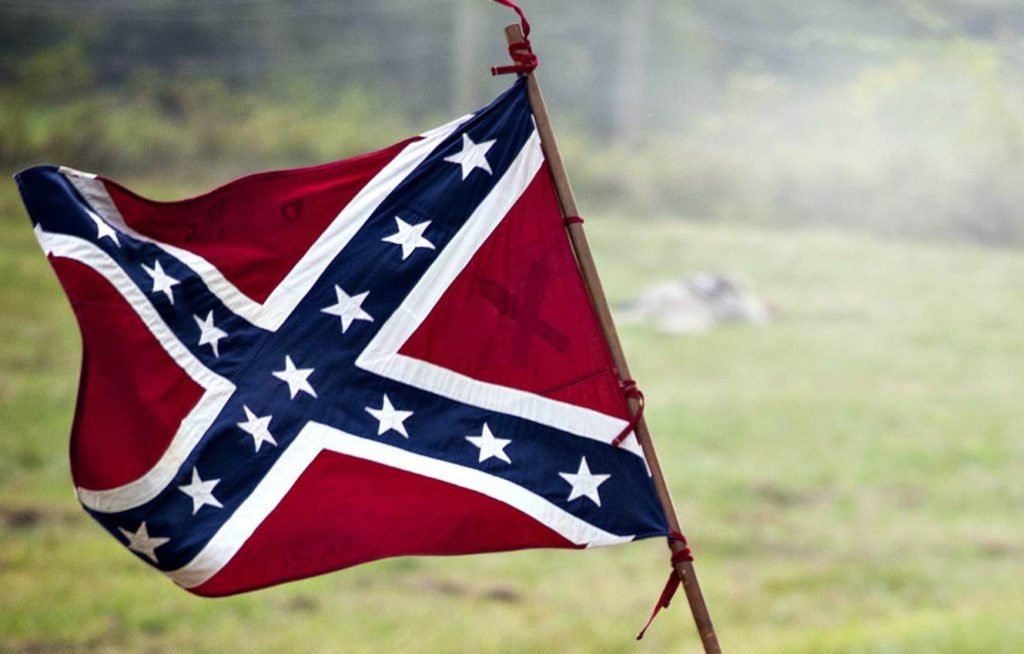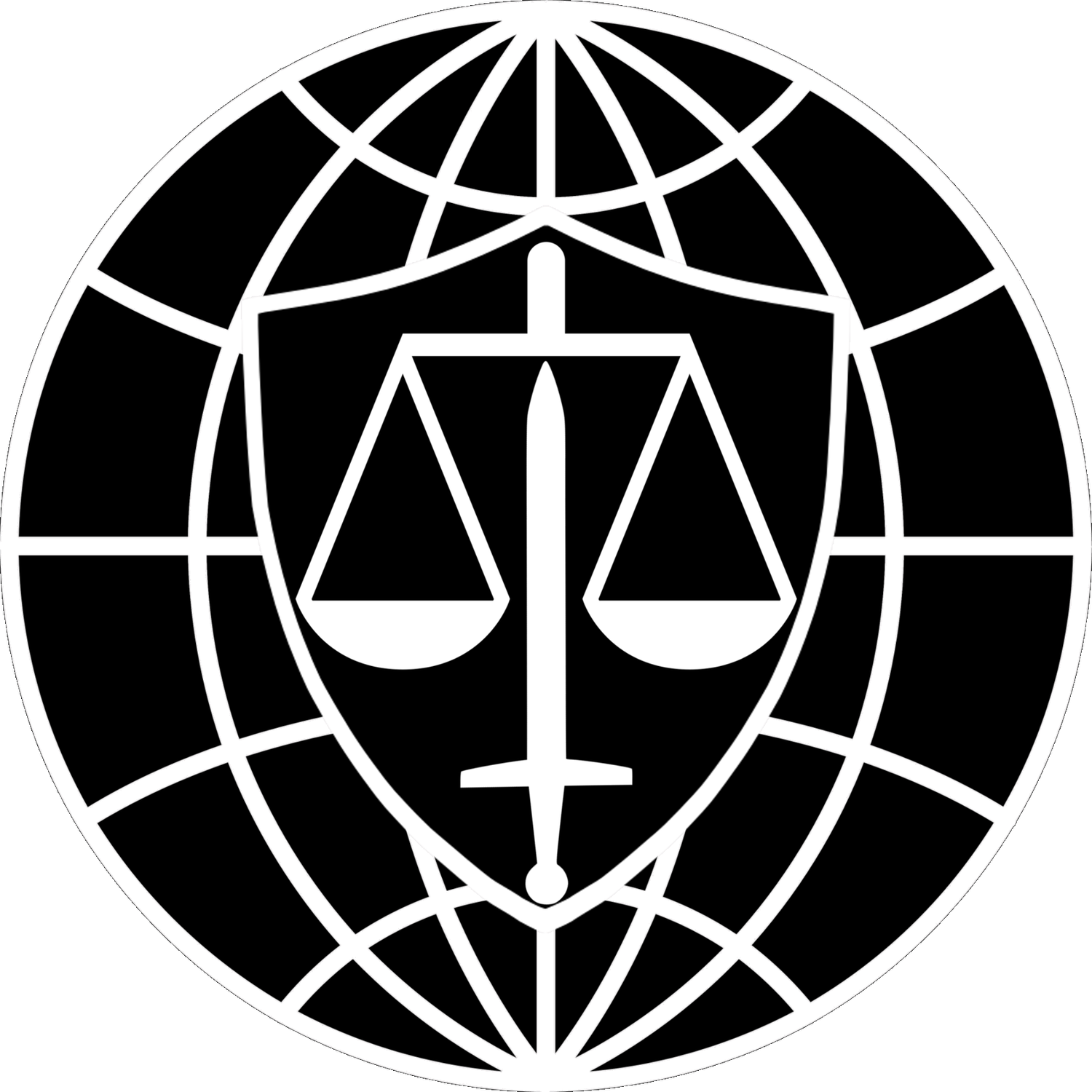Understanding Treason in U.S. Law
Date of Information: 09/16/2025
Check back soon; we update these materials frequently

What Is Treason?
Most people think of “treason” as simply betraying your country. Merriam-Webster defines it as:
“The offense of attempting by overt acts to overthrow the government of the state to which the offender owes allegiance or to kill or personally injure the sovereign or the sovereign’s family.”
“The betrayal of a trust: TREACHERY.”
But these dictionary definitions are too vague for law. English monarchs historically abused treason charges to silence dissent. The Founding Fathers, determined to prevent such abuse, made treason the only crime defined in the U.S. Constitution:
“Treason against the United States, shall consist only in levying War against them, or in adhering to their Enemies, giving them Aid and Comfort. No Person shall be convicted of Treason unless on the Testimony of two Witnesses to the same overt Act, or on Confession in open Court.””
Historical Roots of Treason Law
Medieval England
Magna Carta (1215): Limited royal power, but treason still carried forfeiture of property and execution by drawing and quartering.
Treason Act of 1351: Codified treason as levying war against the king, aiding enemies, or plotting the monarch’s death. This statute influenced U.S. law.
Tudor and Stuart Eras
Henry VIII’s Treasons Act (1534): Made it treason to deny his supremacy over the Church of England or question Anne Boleyn’s legitimacy.
The Star Chamber: Became infamous for persecuting political opponents under broad treason laws.
Result: Treason charges became a political weapon. The framers of the U.S. Constitution reacted against this abuse.
The American Founding
James Madison wrote in Federalist No. 43 that “new-fangled and artificial treasons” had been tools of factional oppression. The Constitution’s definition was made narrow and precise, with strict safeguards like the two-witness rule and the ban on corruption of blood (punishing a traitor’s family).
Treason in Early America
Whiskey Rebellion (1794): Insurgents resisted federal excise taxes. The Supreme Court recognized such armed resistance as treason (United States v. Vigol, 2 U.S. (2 Dall.) 346 (C.C. Pa. 1795)), though Washington pardoned those convicted.
Aaron Burr (1807): Tried for conspiring to form a breakaway republic. Chief Justice Marshall held that mere conspiracy did not equal levying war; Burr was acquitted (Ex parte Bollman, 8 U.S. (4 Cranch) 75 (1807)).
Rhode Island’s Dorr Rebellion (1844): A coup attempt led to conviction for conspiracy, not treason — but forced democratic reform.
John Brown (1859): Executed for treason against Virginia after the Harper’s Ferry raid. His trial highlighted the line between state and federal treason.
Civil War and Reconstruction
Constructive Treason: Lincoln’s Attorney General authorized “political arrests” of insurrectionists without trial.
Military Commissions: About 106 were charged with treason by military tribunals, including the Lincoln assassination conspirators.
The Fourteenth Amendment: Disqualified Confederates from office instead of mass prosecutions.
Supreme Court View: Confederates were not a legitimate de facto government; adherents remained traitors (Thorington v. Smith, 75 U.S. (8 Wall.) 1 (1868)).
Treason in the 20th Century
In modern times, treason is criminalized and defined by 18 U.S.C. § 2381 in addition to the U.S. Constitution.
World War II Propagandists: U.S. citizens who broadcast Nazi or Japanese propaganda were convicted of treason, including “Axis Sally” (Gillars v. United States, 182 F.2d 962 (D.C. Cir. 1950)) and others (Chandler v. United States, 171 F.2d 921 (1st Cir. 1948)).
Tomoya Kawakita (1952): Convicted for abusing American POWs while working in Japan (Kawakita v. United States, 343 U.S. 717 (1952)).
Last Treason Conviction: Kawakita remains the most recent. Since then, prosecutors have turned to terrorism and conspiracy statutes.
Doctrinal Elements of Treason
1. Allegiance
Treason is breach of allegiance, owed permanently by citizens and temporarily by resident aliens (Carlisle v. United States, 83 U.S. (16 Wall.) 147 (1872)).
2. Levying War
Requires an assembly of persons for a treasonable purpose; conspiracy alone is insufficient (Ex parte Bollman, 8 U.S. (4 Cranch) 75 (1807)).
Armed resistance to enforcement of a federal law qualifies (United States v. Fries, 3 U.S. (3 Dall.) 515 (C.C. Pa. 1799)).
Purely private disputes or minor local uprisings do not (United States v. Hoxie, 26 F. Cas. 397 (C.C. Vt. 1808)).
3. Adhering to Enemies / Aid and Comfort
Defined as acts that strengthen the enemy or weaken the U.S. (Kawakita, 343 U.S. 717).
Requires intent: disloyal thoughts alone are insufficient (Cramer v. United States, 325 U.S. 1 (1945)).
Examples include:
Delivering prisoners (United States v. Hodges, 26 F. Cas. 332 (C.C. Md. 1815)).
Supplying hostile forces (Hanauer v. Doane, 79 U.S. (12 Wall.) 342 (1870)).
Propaganda broadcasts (Gillars, 182 F.2d 962; Chandler v. United States, 171 F.2d 921 (1st Cir. 1948)).
4. Procedural Safeguards
Overt Act: Must show actual aid or comfort (Haupt v. United States, 330 U.S. 631 (1947)).
Two-Witness Rule: Two witnesses must testify to the same overt act — a unique safeguard against political abuse.
Punishment of Treason
No corruption of blood: Heirs cannot be punished for a traitor’s crime (Wallach v. Van Riswick, 92 U.S. 202 (1875)).
Forfeiture limited to life: Congress cannot prescribe forfeiture beyond the traitor’s lifetime (Bigelow v. Forrest, 76 U.S. (9 Wall.) 339 (1869)).
Civil forfeitures in rem (like drug law seizures) do not violate the constitutional ban (United States v. Distillery on West Front Street, 25 F. Cas. 866 (C.C.D. Del. 1870)).
Why Treason Is Rarely Charged Today
High Proof Requirements: Overt act + two witnesses.
Intent Element: Disloyalty must be paired with intent to betray.
DOJ Risk Aversion: Prosecutors avoid treason because of its hurdles and symbolic stakes as the ultimate crime.
Modern Substitutes: Terrorism statutes (18 U.S.C. §§ 2339A–D), seditious conspiracy, rebellion/insurrection, and material support charges.
Conclusion
Treason is the only crime defined in the Constitution. Its narrow scope protects liberty but makes prosecutions extremely rare. From medieval abuses to the Civil War and World War II, to today’s terrorism cases, treason has always carried enormous symbolic weight but little practical application.
In modern America, acts that might once have been treason are charged under terrorism, conspiracy, or material support statutes. Understanding treason’s history and doctrine is essential to appreciating both the limits of government power and the continuing threats to constitutional order.
Need Help with a National Security Case?
If you or your loved ones face accusations tied to treason, terrorism, or political violence, you need counsel who understands both the law and the national security landscape. At Charles International Law, we combine courtroom experience with deep knowledge of counterterrorism and constitutional law. Schedule a consultation today to protect your rights and your future.
Frequently Asked Questions About Treason in U.S. Law
1. How does the U.S. Constitution define treason?
Article III, Section 3 defines treason narrowly: only levying war against the United States or adhering to its enemies by giving them aid and comfort. Conviction requires either a confession in open court or testimony from two witnesses to the same overt act.
2. Why is treason the only crime defined in the Constitution?
The Founders wanted to prevent abuse. English monarchs had used vague treason charges to silence dissent. The Constitution makes treason hard to prove, with strict safeguards.
3. What is the difference between “levying war” and conspiracy?
Conspiracy alone is not treason. There must be an actual assembly of persons acting for a treasonable purpose. Armed resistance to federal law can qualify, but private disputes or small uprisings do not.
4. Who owes allegiance to the United States for treason purposes?
All U.S. citizens owe permanent allegiance. Resident aliens owe temporary allegiance while present in U.S. territory.
5. What counts as giving “aid and comfort” to enemies?
Providing material help, strengthening enemy forces, or weakening the United States. Examples include supplying hostile armies, delivering prisoners, or making propaganda broadcasts for enemy governments.
6. Are disloyal thoughts or speech alone treason?
No. Treason requires an overt act. The Supreme Court has ruled that disloyal opinions, without concrete action, are not enough.
7. Has anyone been convicted of treason in modern times?
Yes. During World War II, U.S. citizens who broadcast propaganda for Nazi Germany or Imperial Japan were convicted. The last conviction was Tomoya Kawakita in 1952 for abusing U.S. POWs in Japan.
8. Why haven’t there been more recent treason prosecutions?
Because treason is so narrowly defined, prosecutors usually charge conduct under broader statutes like espionage, terrorism, or material support for terrorists.
9. What procedural safeguards make treason unique?
The overt act requirement: the act must show real aid or comfort.
The two-witness rule: at least two witnesses must testify to the same overt act.
The ban on corruption of blood: punishment cannot extend to the traitor’s family.
10. Can states prosecute treason?
Yes. States can prosecute treason against their own governments under state constitutions and laws. For example, John Brown was executed for treason against Virginia in 1859.
Other Helpful Resources:
See Also:
CIL Guide to Sanctions and Export Controls
CIL Guide to Economic Sanctions Within a Broader National Security Strategy
CIL Guide to Executive Power Over Foreign Relations and National Security

